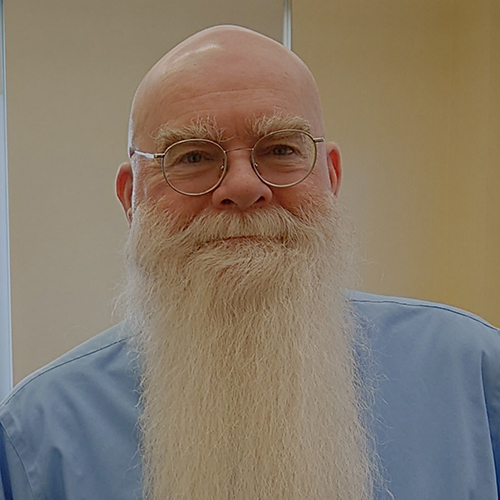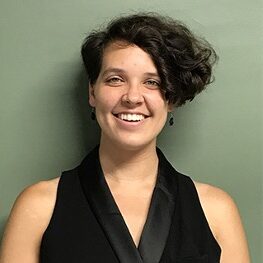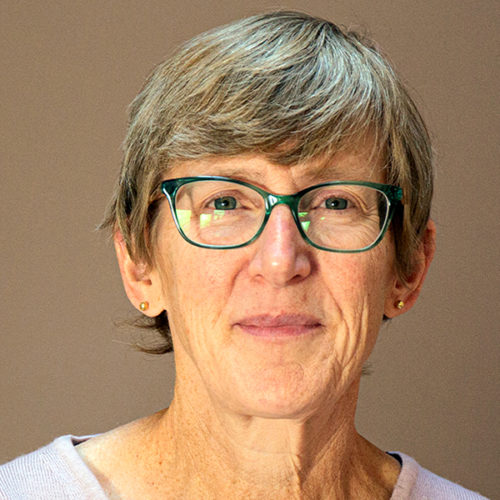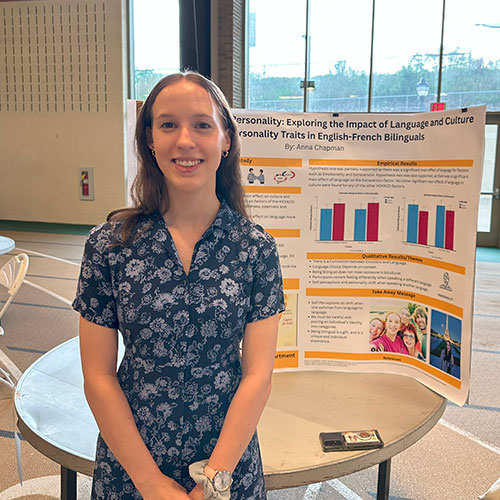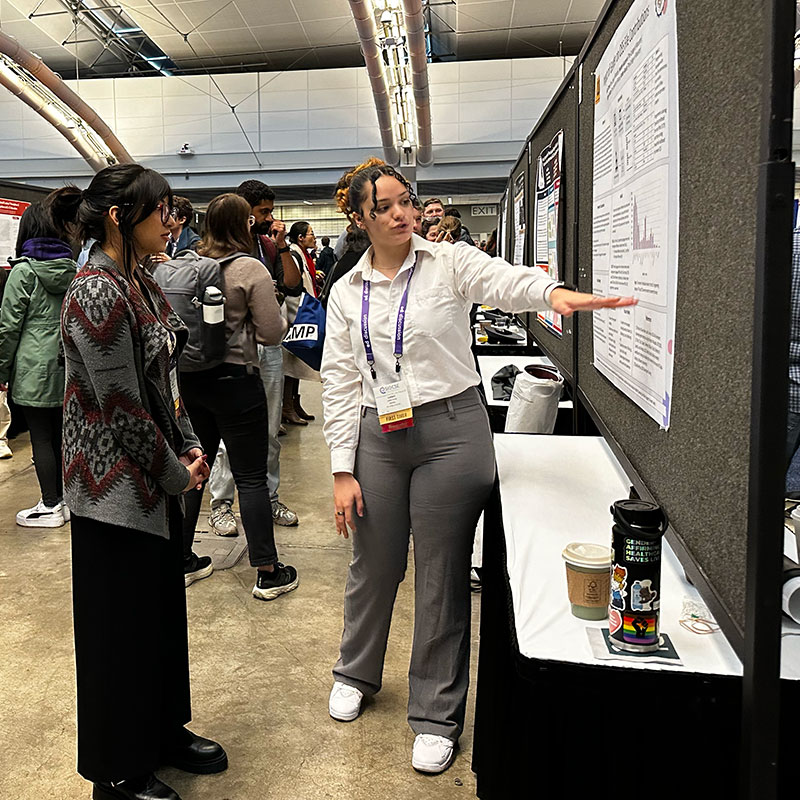All students at The College of Wooster complete an independent study under the guidance of a faculty mentor.
Psychology majors are encouraged to develop an I.S. topic that stems from one of the various courses that they have taken over their first three years. Each laboratory course requires research proposals that can spark an idea for an I.S. topic. At the end of the junior year, each student is asked to write a short summary that outlines the project that they will pursue for I.S.
In the senior year, students work with a faculty mentor to plan and execute the research project that involves data gathering and is grounded in studies from the comparative, cognitive, educational, personality, developmental, social, clinical, perception, or neuroscience literature. In the past two years, students have investigated a wide range of topics, including Childhood adverse experiences and academic achievement, decision making and social contexts, physical strain and empathy, prejudice and conceptions of free speech, parenting styles and academic success, gendered language, nature experiences, and narcissism and romantic relationships.
Many seniors have presented papers on their I.S. projects at professional meetings such as Ohio Academy of Sciences, the Association for Psychological Science, the Midwestern Psychological Association, the Ohio Undergraduate Research Conference, and the Auditory Perception, Cognition, and Action Meeting. Others have had papers based on their I.S. research accepted for publication in psychological journals.
Search the I.S. Database
| Student |
Year |
I.S. Title |
Major 1 |
Major 2 |
Advisor |
| Please search to view results |


